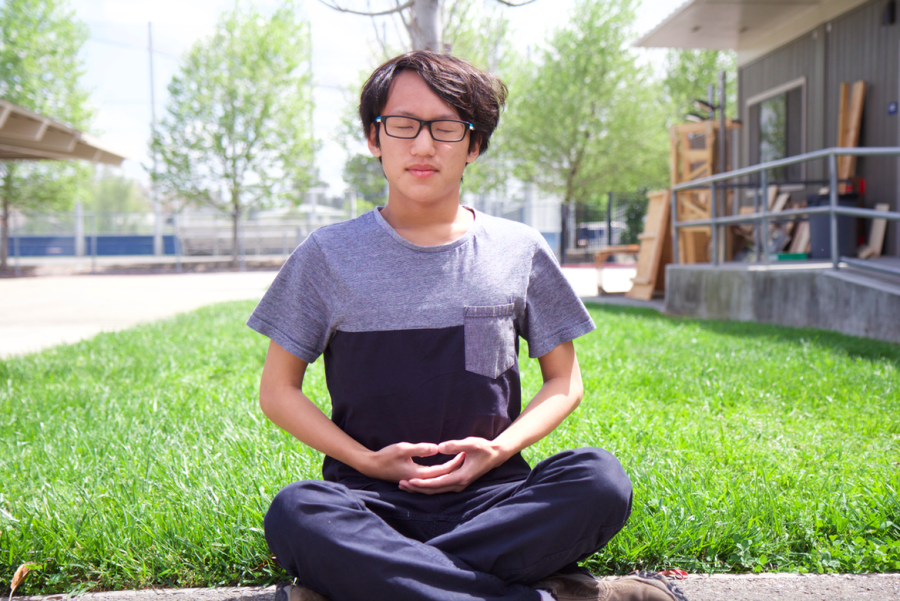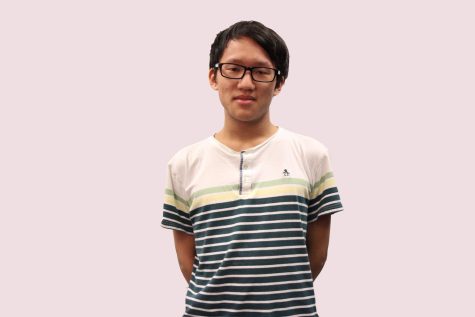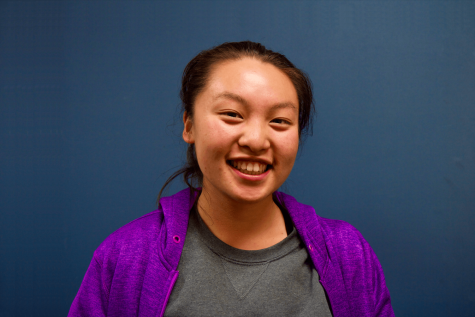Impact of Buddhism on the development of identity
April 14, 2018
Often, one can hear horror stories about overly-religious parents dictating the lives of their children, who may not know anything of a life outside of religion. Or, one may hear of cults, of ritual and witchcraft, that can end in brainwashing, a la Scientology, or destruction, as with Jonestown. Religion can be an unwelcome controlling factor in one’s life.
I, however, have the privilege of very lax parents when it comes to religion. This has afforded me the opportunity to reflect on what religion means to me, without fear of retribution or dissuasion.
I consider myself, if only nominally, a Buddhist, just like my parents. I’ve attended a temple in Redwood City since before I was nine years old. I was never a very good practitioner. When the chanting began, I would oftentimes play on the carpet with the other children who were uninterested in the general proceedings.
When I became a little bit older, I decided to take part in the chanting myself, perhaps to feel more adult-like. For a time, I was a very devoted follower. I memorized the chants and followed along with the chanting leaders, being careful to keep up with every verse.
I will be the first to admit that my life has not seen much in the way of true hardship. Such things as lack of food, water or shelter have never bothered me. Thus, one of the main reasons people have historically turned to religion for guidance, the hope that prayer will bring salvation,is not present in my life. As time passed by, I began to question what I sought from religion in my life. I had no need for an outside force to better my life, and as my secular education advanced, I had increasing difficulty in accepting the existence of something as intangible as the Buddha.
Thus, as I grew up and entered middle school, my attendance was reduced to a trickle, then stopped almost altogether. However, that is not to say that my experiences with religion have served no purpose. Although I was raised from a young age to always help others with no expectation of recompense and to be compassionate to my fellow man, the teachings of the temple further reinforced these aspects, and helped steer the direction of the development of my character. Additionally, the temple introduced me to an important avenue for this pursuit of helping my fellow man: community service. In fact, I recently completed a Boy Scout project to fix trails at said temple, even if my attendance is now very rare.
As a now divested person with the temple, I am in a good position to view the actions of my parents, both of whom are devout believers, through a relatively unclouded lens. Over the years since they have joined the temple, I can visibly see an improvement in their treatment of others, and they are more relaxed and accepting, even when life does not necessarily go their way. I think that religion has brought some form of peace through their life through service to others.
Although I no longer am a believer, I have difficulty faulting anybody who still feels strongly about Buddhism. Its tenets are truly respectable, and the ideals of salvation arising from one’s own efforts is another way through which one can pursue the quintessential American Dream. Religion can be an important structure in personal development, and its role in shaping identity cannot be understated. While religion is certainly not for everyone, it can have a hand in the development for many.





























































